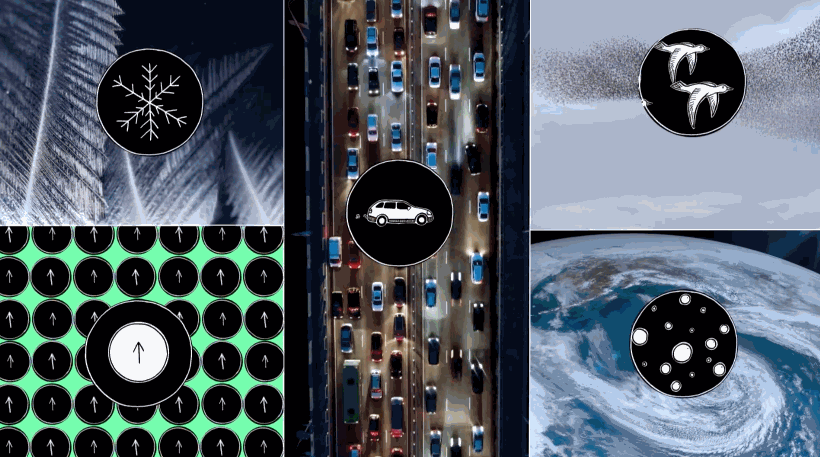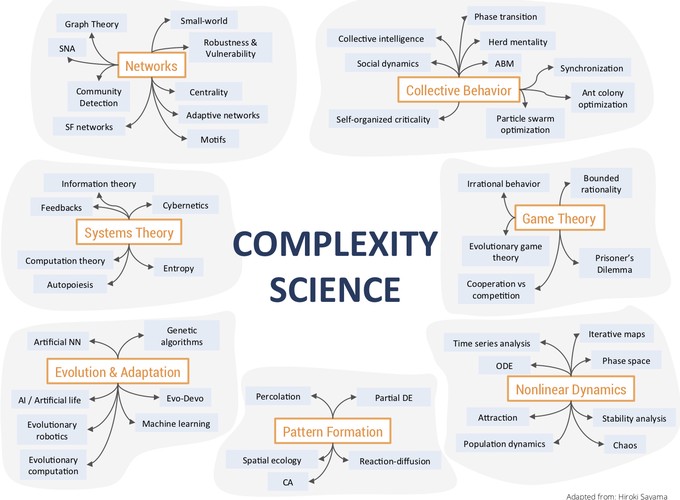Writing this note as I’m thoroughly impressed by the final projects of our students under the Complexity Science (CxSci) elective I am offering this term with Chris Monterola (CPM). Here, we emphasize on the fact that most real-world problems involve complex systems where the more traditional reductionist approach does not any more suffice.
What are Complex Systems? Complex Systems are systems composed of non-homogenous agents that are highly interacting and whose interactions result to emergent collective behavior. They are ubiquitous in both nature and society. Examples of such include societies, economies, markets, cities, and biological systems like the immune system and the brain. When you are studying traffic dynamics, for example, you are actually looking at a complex system. The study of the spread of diseases, similar to the spread of fake news/disinformation, also falls within the realm of Complexity Science.

How do you then study such systems? This is what this class is all about. Here, we want to expose our students to tools other than the more familiar AI models or the more widespread equation-based models. Here, we introduce our junior data scientists to relatively new techniques used in characterizing and modeling complex systems.
Ultimately, we want our data science graduates to be problem-solvers — problem-solvers who are not too dependent on the availability of datasets. Our ideal data scientists are those who can imagine combining different mathematical, statistical, and computational tools and are not too obsessed with a single ensemble of tools/models.
So, in this course, we cover:
Chris:
- Nonlinear Dynamics (equation-based models)
- Chaos
Erika:
- Genetic Algorithms
- Cellular Automata Modeling
- Agent-Based Modeling
- Network Science (also offered as a separate/independent course)
And here are the final project titles. Most, if not all, outputs are impressive that with a little tweaking may actually be publishable.
- Using Cellular Automata to Identify Ideal Branch Locations
- Flood Simulation with Cellular Automata
- Agent-Based Modeling: Modeling Crowd Evacuation Dynamics
- Quantifying and Modeling the Behavior of Banks, Corporations, and Consumers
- Airport Runway Queueing Simulation
- Understanding and Modeling the Ride-sharing Economy: an ABM perspective
- Agent-based Model for Stock Trading Behavior
